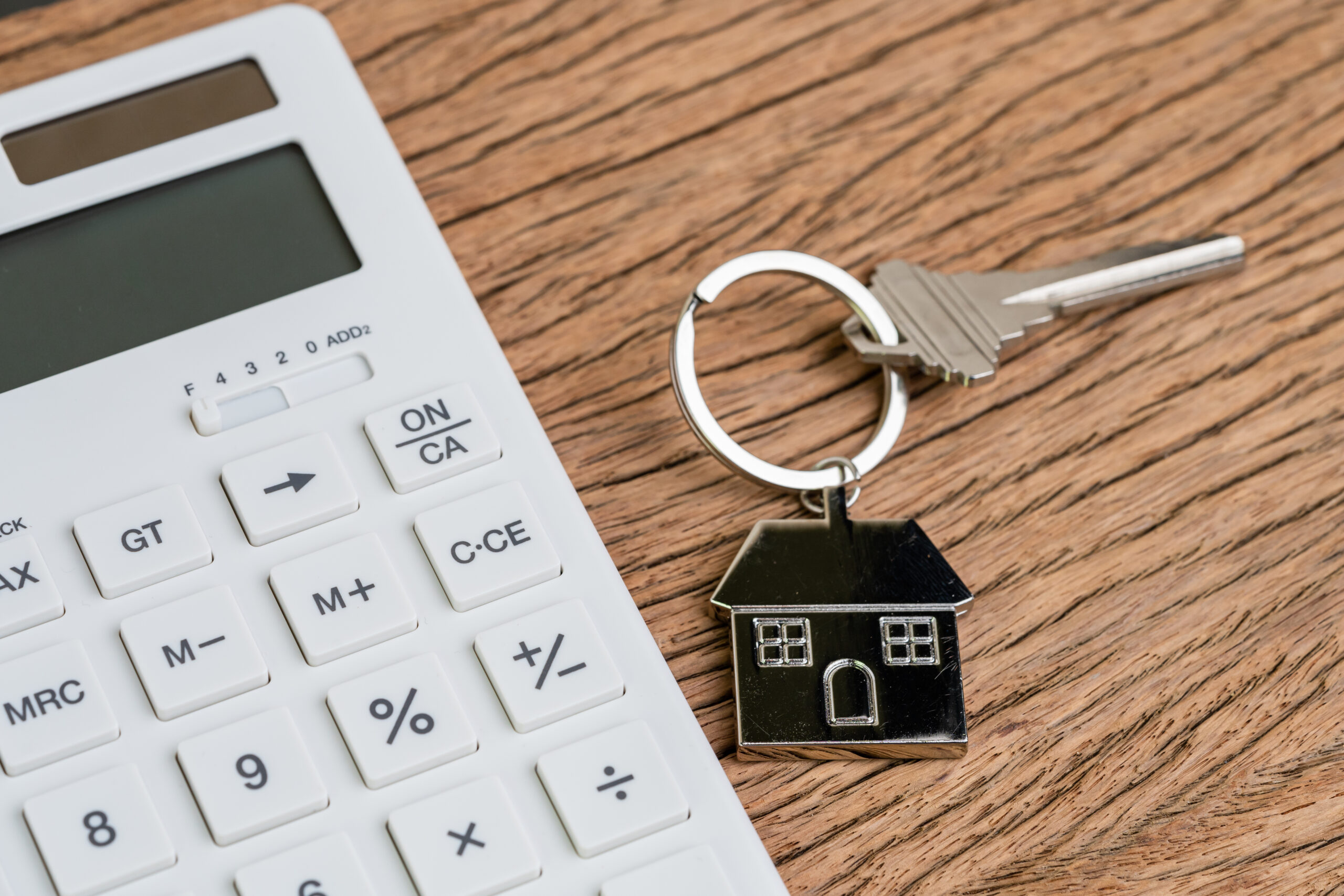Filing for bankruptcy can negatively affect your future finances, potentially impacting your ability to rent. Creditors and landlords may view bankruptcy as a risk, leading to an application denial. Please continue reading as we explore how bankruptcy affects renters in South Dakota and how our adept Rapid City Bankruptcy Lawyers can assist you in navigating these challenging circumstances.
How Can Bankruptcy Impact My Ability to Rent in South Dakota?
Many mistakenly believe bankruptcy is solely relevant to homeowners. However, renters also face implications when filing. Filing for bankruptcy significantly lowers your credit score, dropping by an average of 250 points, and can remain on your report for seven to ten years, depending on the bankruptcy chapter. This lower score signals a heightened risk to lenders and landlords, potentially hindering apartment or home rental applications. While a past bankruptcy doesn’t guarantee a rejection, it’s a major consideration for a landlord reviewing credit reports. However, its negative impact on rental applications typically lessens over time, provided that you manage your financial responsibilities afterward.
It’s important to note that bankruptcy can affect renters through eviction. In Chapter 7 bankruptcy, a court may order eviction if the landlord demonstrates the renter’s inability to meet their lease obligation. Chapter 13 bankruptcy may allow renters to remain in their unit by maintaining regular monthly rent payments. Keep in mind that the automatic stay will prevent landlords from evicting renters until the court process is complete.
What Can I Do to Improve My Chances of Approval?
Navigating the rental market after filing for bankruptcy presents unique challenges, but by proactively addressing your landlord’s concerns and highlighting your current financial stability, you can maximize your chances of securing a new lease. Open and honest communication is paramount. You should explain any unforeseen hardships, such as significant medical expenses, job loss, or other substantial financial setbacks, to humanize your situation. Providing this type of context can help a landlord view your bankruptcy not as a reflection of ongoing irresponsibility, but as a consequence of past difficulties that you have now addressed. It’s advisable to demonstrate the steps you have taken to manage your finances, such as creating a budget and sticking to it.
Strong references can further bolster your rental application. References from previous employers or even character references from trusted individuals can speak to your reliability, responsibility, and overall trustworthiness as a tenant. If you have filed for Chapter 7, it’s beneficial to clarify your post-filing financial obligations. Explicitly explain that you bear responsibility for any debt incurred after the bankruptcy discharge, including all future rent payments. This will reassure the landlord that you can meet your financial obligations. Demonstrating a consistent and stable employment history can also be a powerful factor in improving your chances of securing rental approval after bankruptcy. This will show you have a track record of reliable income.
Bankruptcy offers significant advantages, but post-filing challenges can arise. At 605 Bankruptcy, we are prepared to help you navigate these complexities, ensuring you fully reap the benefits of this process. Connect with our firm today for more information.



